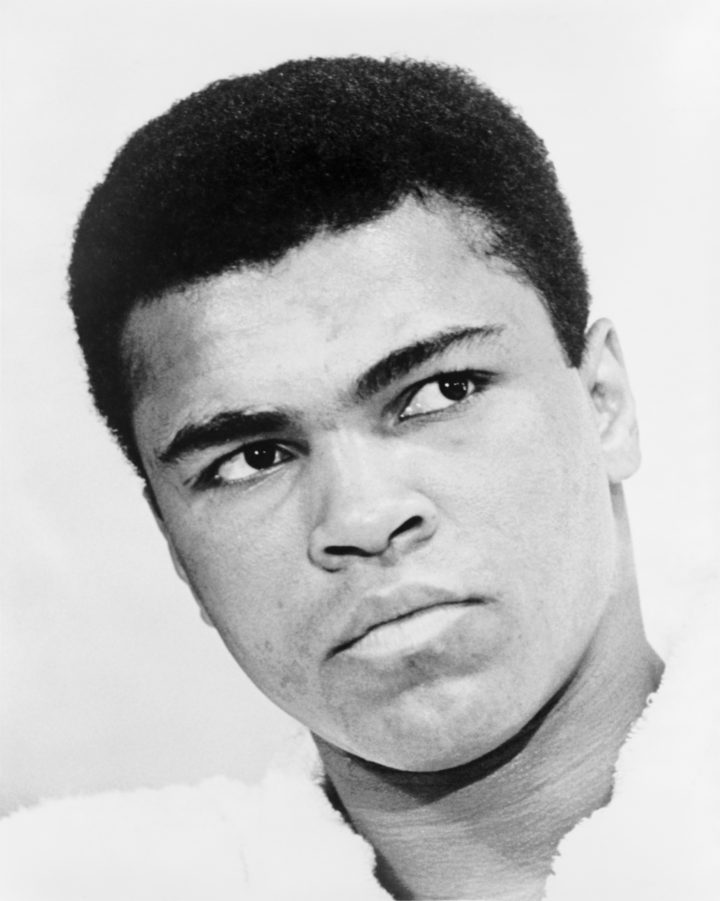Dave Zirin, sports editor for The Nation magazine, attended Ali’s funeral in his hometown, Louisville, Kentucky. These are his comments.
I really do believe that this funeral is, in so many respects, Muhammad Ali’s last act of resistance, because what he is doing is pushing the country to come together to honor the most famous Muslim in the world at a time when a presidential candidate is running on a program of abject bigotry against the Muslim people, and the other presidential candidate is somebody who has proudly stood with the wars in the Middle East and the suppression of Palestinian rights. And amidst all of that, presidents, heads of states, leaders—everybody, including Donald Trump, has to tip their hat and respect Muhammad Ali. And there is something beautiful about that. And what it shows is that Muhammad Ali could not be broken. They tried, but they couldn’t break him.
Muhammad Ali is the most famous draft resister in the history of war. And that’s something they’ll never be able to take away. One of the whitewashings that’s taken place since his death is that commentators just say, “Muhammad Ali was for peace,” “Muhammad Ali was against war.” But it was actually far more radical than that. Muhammad Ali was against empire. Muhammad Ali believed in solidarity with the black, brown and poor people of the United States, with the poor people of Vietnam and the people who were being killed in Vietnam and felt he could not support a society that he viewed as uniquely brutal. If Muhammad Ali had decided to agree to go in the draft, he would not have been in Southeast Asia with a gun in his hand; he just would have been asked to be a symbol in favor of the war. And even that was too much for him. And it also has to be mentioned that Muhammad Ali, what he did was he gave a very young, very white middle-class antiwar movement confidence, and he gave young black civil rights activists the confidence to come out against the war.
I’ll be honest, the presence of Bill Clinton does hurt: given Muhammad Ali’s historic place as a great figure against war and against bigotry, to have the person who signed the welfare bill, the person who signed the crime bill, the person who was in charge of the sanctions in Iraq—it’s painful to see him up there. But in many ways, in some respects, that is Muhammad Ali’s last victory. The same presidents that used to bug his phone and harass him and subject him to COINTELPRO now have to stand over his body.










